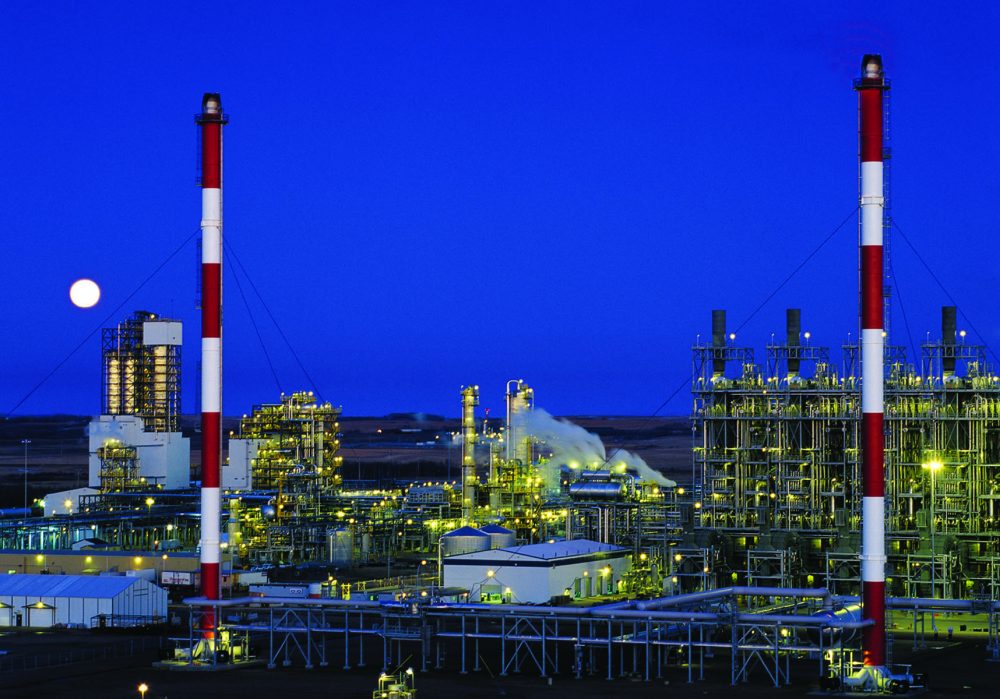Cool Planet Energy Systems, a developer of small scale biorefineries which convert non-food biomass into gasoline, jet fuel, and soil enhancing biochar, announced the location of their first commercial biorefinery in Alexandria, Louisiana.
This location on the Port of Alexandria in Rapides Parish will serve as a showcase facility leading the way for hundreds of additional small scale biorefineries that Cool Planet plans to build across the United States. The site was chosen with tremendous support from the city of Alexandria, and the economic development team from the state of Louisiana. The location provides access to an abundance of renewable biomass feedstock, the ability to load fuel onto barges, rail lines and trucks, and excellent local talent to operate the facility.
“Louisiana is known for its substantial oil interests, but now will also have the distinction of being home to the first, of what is planned to become many, production facilities for Cool Planet’s renewable, high-performance gasoline and soil enhancing biochar,” said CEO Howard Janzen. “Our goal for the Alexandria facility is to be economically competitive with conventional fuels made from non-renewable crude oil.”
It is believed that Cool Planet will have one of the lowest capital costs per plant in the refining industry, with project economics that work at facilities 100 times smaller than conventional refineries, while being able to use a wide variety of renewable biomass materials as inputs. With a distributed plant business model at the heart of Cool Planet, the construction is expected to be complete before the end of 2014.
“Cool Planet’s utilization of biomass to create fuel offers opportunities for Southeast U.S. states with vast renewable biomass resources to create local jobs and income while enhancing energy security,” said former Arkansas Lt. Governor and board member Bill Halter

